Earth
-
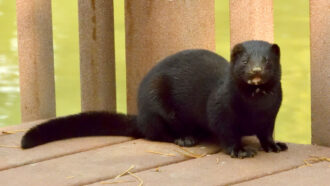 Animals
AnimalsUtah mink is first known case of the coronavirus in a wild animal
A wild mink appears to have picked up the novel coronavirus from farmed animals. Such spread in the wild does not appear common.
-
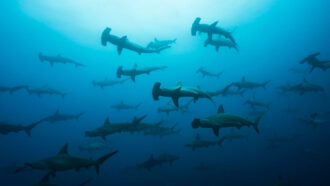 Animals
AnimalsLet’s learn about sharks
This ancient group of fish can use scent and even electricity to detect their prey. And they fill an important niche in the ocean.
-
 Environment
EnvironmentWhy today’s ‘fast fashions’ can be bad for the planet
The constant buy-wear-toss cycle of fast fashion isn’t sustainable. It hurts the environment and takes a toll on our wallets, too.
-
 Environment
EnvironmentOld clothes soon may be recycled, not trashed
One day, clothes may be recycled almost as much as plastics and glass are now. See how chemists are moving us in that direction.
-
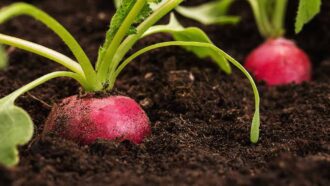 Plants
PlantsHow to grow your own science experiment
Does fertilizer help plants grow better? You might expect it to, but how can you know? This experiment will help you test it yourself.
-
 Chemistry
ChemistryHere’s how to make flip-flops biodegradable
Innovative flip-flops made from an algae-based plastic decompose in soil or compost. The comfy shoes also avoid use of fossil fuels.
-
 Oceans
OceansAnalyze This: Shipwrecks provide a home for bottom-dwelling fish
Fish have found a habitat in a submarine and freighter that sunk to the seafloor during World War II.
-
 Earth
EarthExplainer: Our atmosphere — layer by layer
Earth’s five layers extend from the ground up and into outer space. Each has its own distinct features and serves as the site of different activities and phenomena.
By Beth Geiger -
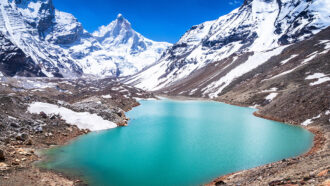 Environment
EnvironmentSurprising long-haul dust and tar are melting high glaciers
Dust and tar blown onto high mountains, like the Himalayas, boost the melting of snow and ice far more than scientists had realized. Here’s why.
By Sid Perkins -
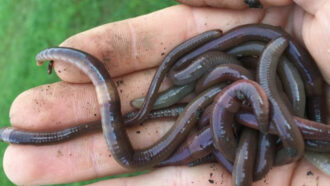 Environment
EnvironmentJumping ‘snake worms’ are invading U.S. forests
These bad-news invaders are spreading across the United States. As they turn forest debris into bare ground, soils and ecosystems are changing.
By Megan Sever -
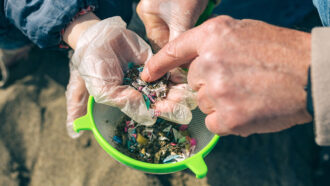 Environment
EnvironmentPolluting microplastics harm both animals and ecosystems
Researchers are beginning to uncover the real-world impacts of polluting microplastic bits on animals and the ecosystems they inhabit.
-
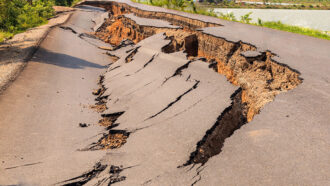 Earth
EarthScientists Say: Earthquake
An earthquake is a sudden and sometimes violent shaking of the ground.